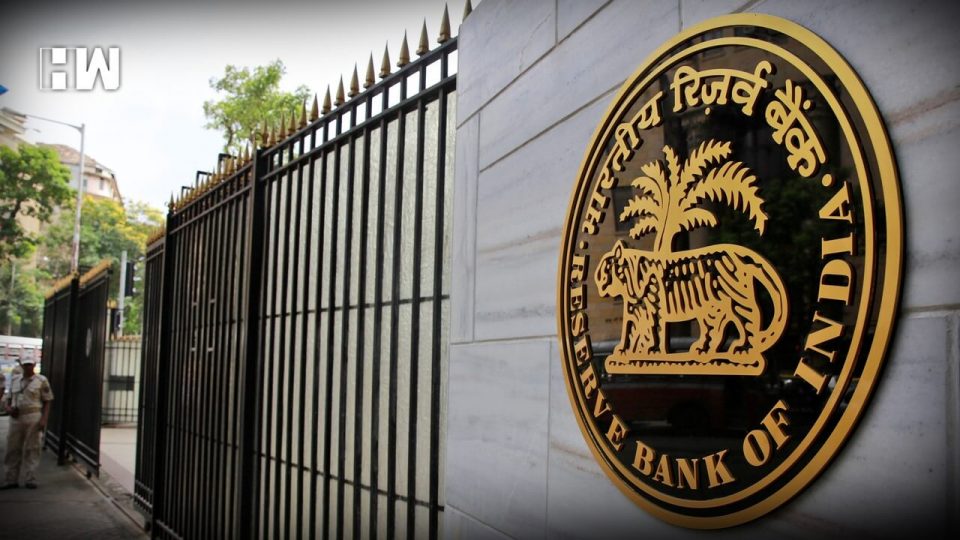The Reserve Bank is India’s supreme regulator for banks, NBFCs and financial institutions. It formulates the rules and regulations for them, enforces their compliance by banks etc. and also punishes those banks which violate its regulations. Nowadays, one often hears about the RBI punishing banks by levy of huge penalties, after all not only is the banking/NBFC sector in an utter mess, but since banks and NBFCs deal with public money, they must be regulated very stringently. As part of its process of governance, the RBI conducts an annual inspection of all banks and large NBFCs, to verify that their operations do not violate any banking rules and regulations and to restrain and punish, those who do.
But of late, numerous instances have been emerging, pointing to the negligence/failure of the RBI in spotting, preventing any wrong doings by banks and bankers and taking suitable action against them. Take the case of ICICI Bank, where there were serious lapses under the Chanda Kochhar regime since 2009, in as much as that the loans were sanctioned in utter violation of the RBI regulations and that there was large scale manipulation of its books of account, year after year. Not only did the RBI fail to detect such serious violations, but it even gave a clean chit to Chanda Kochhar the mastermind, when the allegations of such violations first surfaced due to a whistleblower in April 2016. The RBI changed its stand on Chanda Kochhar only in 2018, after other agencies like the CBI and MCA found ICICI Bank and Chanda Kochhar guilty, as also did the Justice B. N. Srikrishna enquiry.
Or take the case of Yes Bank and its founder CEO Rana Kapoor, who indulged in many grave violations, including regulatory failures and manipulation of financial statements for many years. It was regularly noticed by the RBI, from 2015 onwards that under Rana Kapoor’s leadership, Yes Bank had rampantly violated banking laws and yet no action was taken by the RBI until 2018. The Reserve Bank surprisingly found the serious violations and financial statement manipulations by Yes Bank to be not material enough to initiate punitive action against the Bank in 2015 itself, including insisting on the removal of its CEO Rana Kapoor, as it finally did in 2018. Or further, take the case of ILFS, whose accounts too were regularly inspected by the RBI, incriminating and material violations were found, but no action was taken then itself by the Reserve Bank, such that the fraud only grew bigger and bigger.
The SFIO says that a timely intervention by the RBI could have led to the ILFS fraud being detected much earlier. It says that IFIN, its financial services subsidiary, which is at the centre of this over Rs. 1 lakh crore fraud, was allowed to continue its operations despite adverse inspection reports of the RBI. The RBI repeatedly pointed out in its reports since 2015 that there was utter non compliance by IFIN, of its regulations related to group exposure, as also the calculation of its net owned funds, which explains how ILFS was able to round trip and launder huge sums of money in its group entities. The RBI even noted that huge loans were illegally given by IFIN to the Siva Group, only to window dress and pay old loans where it had defaulted, but it shockingly took no action, against such serious/flagrant violation of its regulations. A similar pattern of huge loans was noted in the case of the ABG group, but all that the RBI did was to convey its reservations strongly to ILFS in Nov. 2017, and did nothing else. No penalties were imposed, neither were corrective measures insisted and initiated and nor were such illegal operations of the ILFS group restrained by the RBI, which it ought to have done then itself. The RBI surprisingly never cancelled the NBFC licence of IFIN to stop its fraudulent activities.
The SFIO thus blames the Reserve Bank and says that it should conduct an internal probe, not just to ascertain the reasons for not taking action against ILFS, but also then punishing the concerned officers. In the meanwhile the RBI has come up with a new framework to regulate NBFCs, wherein material lapses and violations will be punished and those which are not material will attract a cautionary advice from the RBI. The solution does not lie in merely new regulations, which we anyway have too many. The fact is that there was no lack of authority ever in the hands of the RBI, what was shockingly lacking was the will to take action against the delinquents. The RBI is India’s most respected regulator and it needs to maintain that.
As an independent media platform, we do not take advertisements from governments and corporate houses. It is you, our readers, who have supported us on our journey to do honest and unbiased journalism. Please contribute, so that we can continue to do the same in future.

